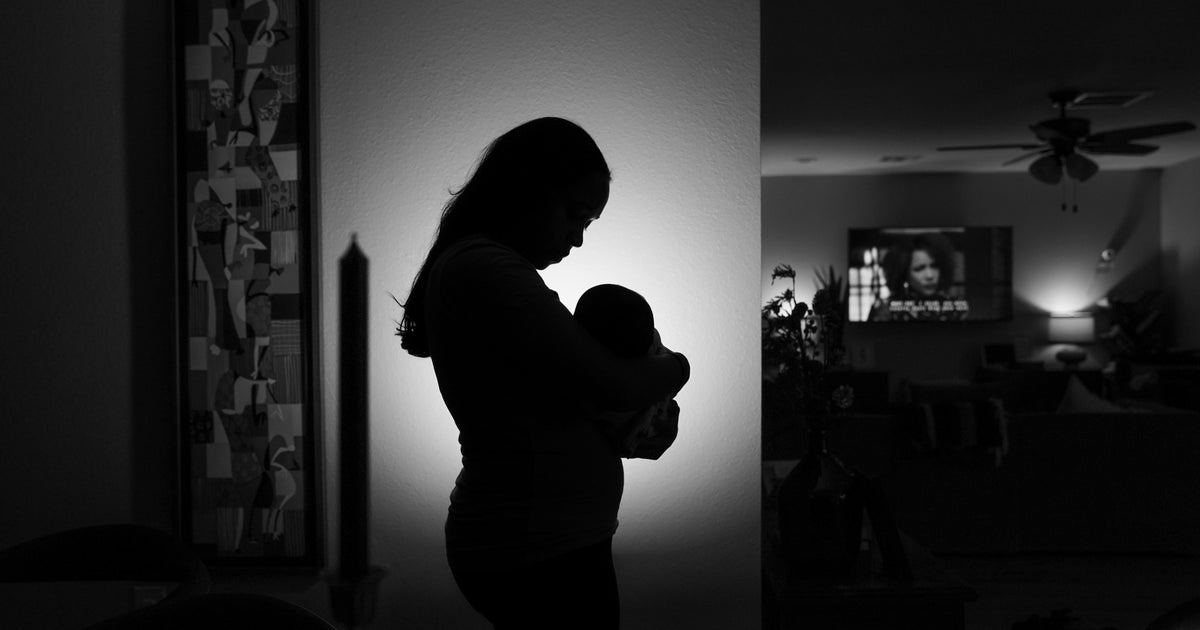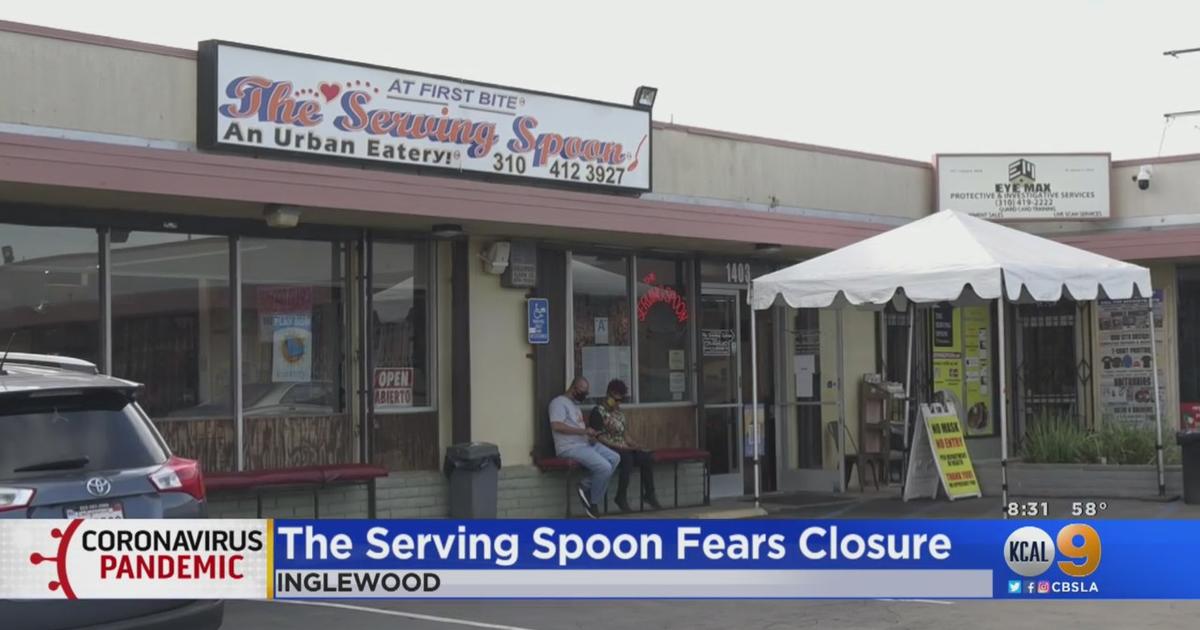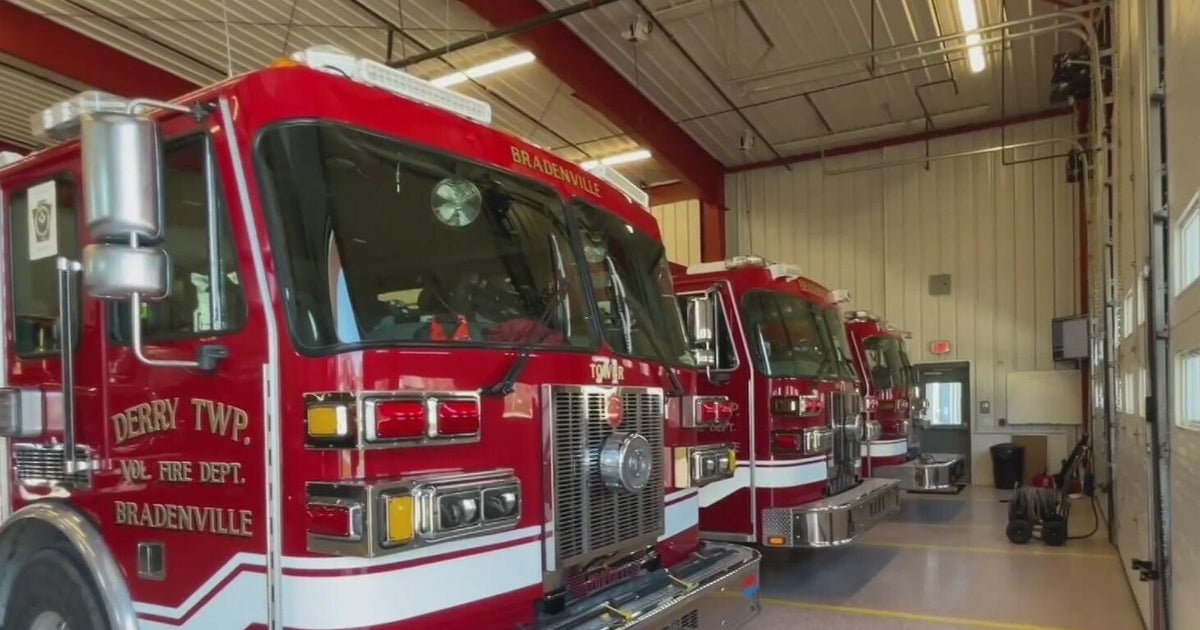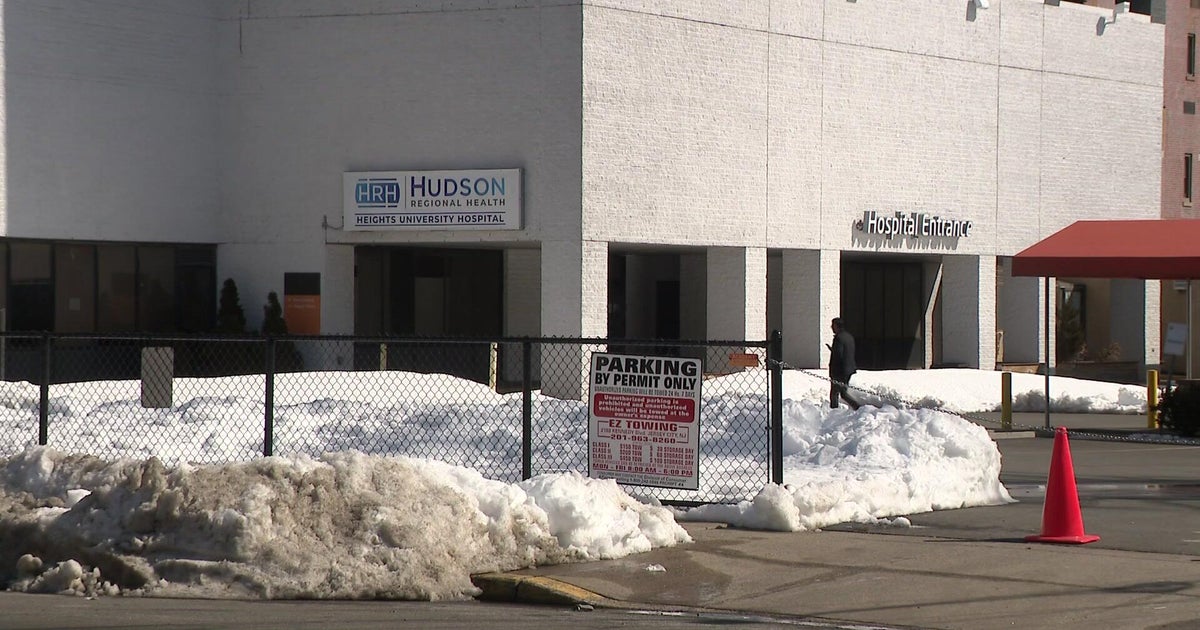Maryland awards $10M in grants to programs fighting opioid crisis
BALTIMORE -- Maryland Gov. Larry Hogan on Tuesday announced $10 million in grant awards to combat the opioid epidemic in the state.
The grant funding is going to programs around the state working to address the crisis. Maryland's Opioid Operational Command Center is distributing the funding.
"Our administration has made it a top priority to put the resources and support systems in place at every level to expand access to treatment, and combat the heroin and opioid crisis," Hogan said in a statement. "These grants play a critical role in supporting the local and grassroots work taking place in our communities and health care systems to save lives and promote healing."
The money is split into $4 million for block grants to local jurisdictions and $6 million in competitive grants.
The OOCC is distributing the $4 million to Maryland's 24 local jurisdictions to ensure each has a base level of funding to support overdose-related programs. Half of that money will be distributed proportionally based on overdose mortality rates the governor's office said.
The biggest recipients of the block grants are
- Baltimore City will receive $873,775 to support overdose response programs and teams.
- Baltimore County will receive $374,340 to provide continued support for peer recovery services, and
- Anne Arundel County will receive $256,976 to provide continued support for Safe Stations, as well as community and faith-based organizations.
Of the 90 organizations that applied for competitive grants, only 38 of the highest-scoring proposals received funding. Those recipients include the University of Maryland ($396,090), Anne Arundel Medical Center ($148,607), and the Baltimore County Circuit Court ($69,615).
"We are honored to support so many great projects for the year to come," said OOCC Executive Director Robin Rickard. "Each of these programs will make an enormous impact for those living with the disease of addiction, from early prevention efforts to lifting people up on their recovery journey."
The OOCC also announced their final Inter-Agency Opioid Coordination plan, which details goals and strategies for reducing overdose-related morbidity and mortality in Maryland. It was completed after a public comment period.
Among the Inter-Agency Opioid Coordination Plan's goals are increasing awareness of substance abuse disorder, promoting comprehensive care coordination, and supporting recovery communities.
To learn more about the plan or about the grants distributed, visit the Opioid Operational Command Center's website.







